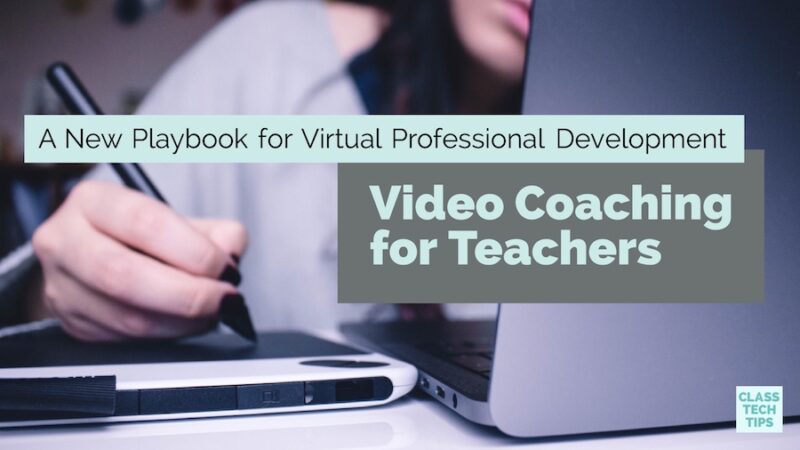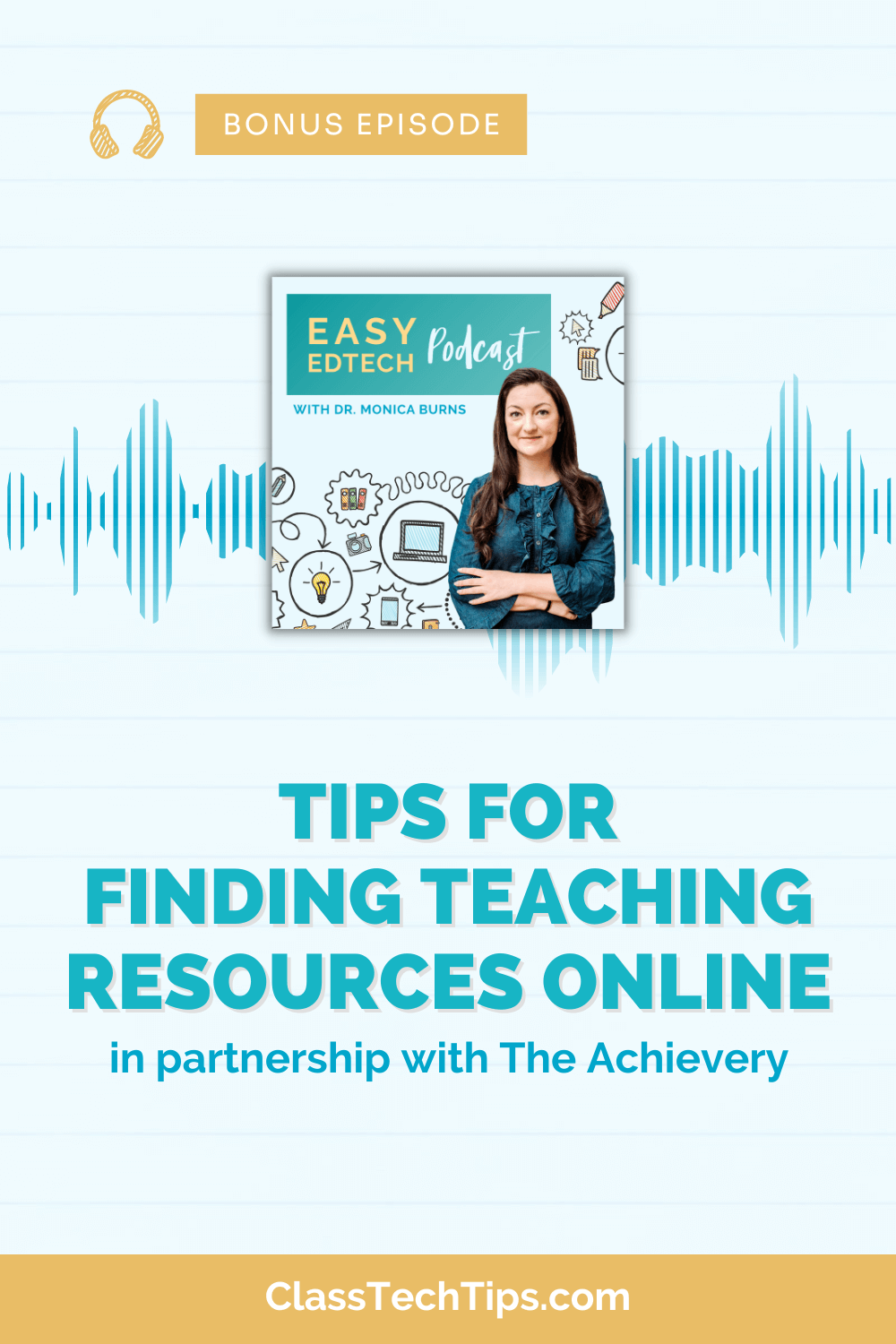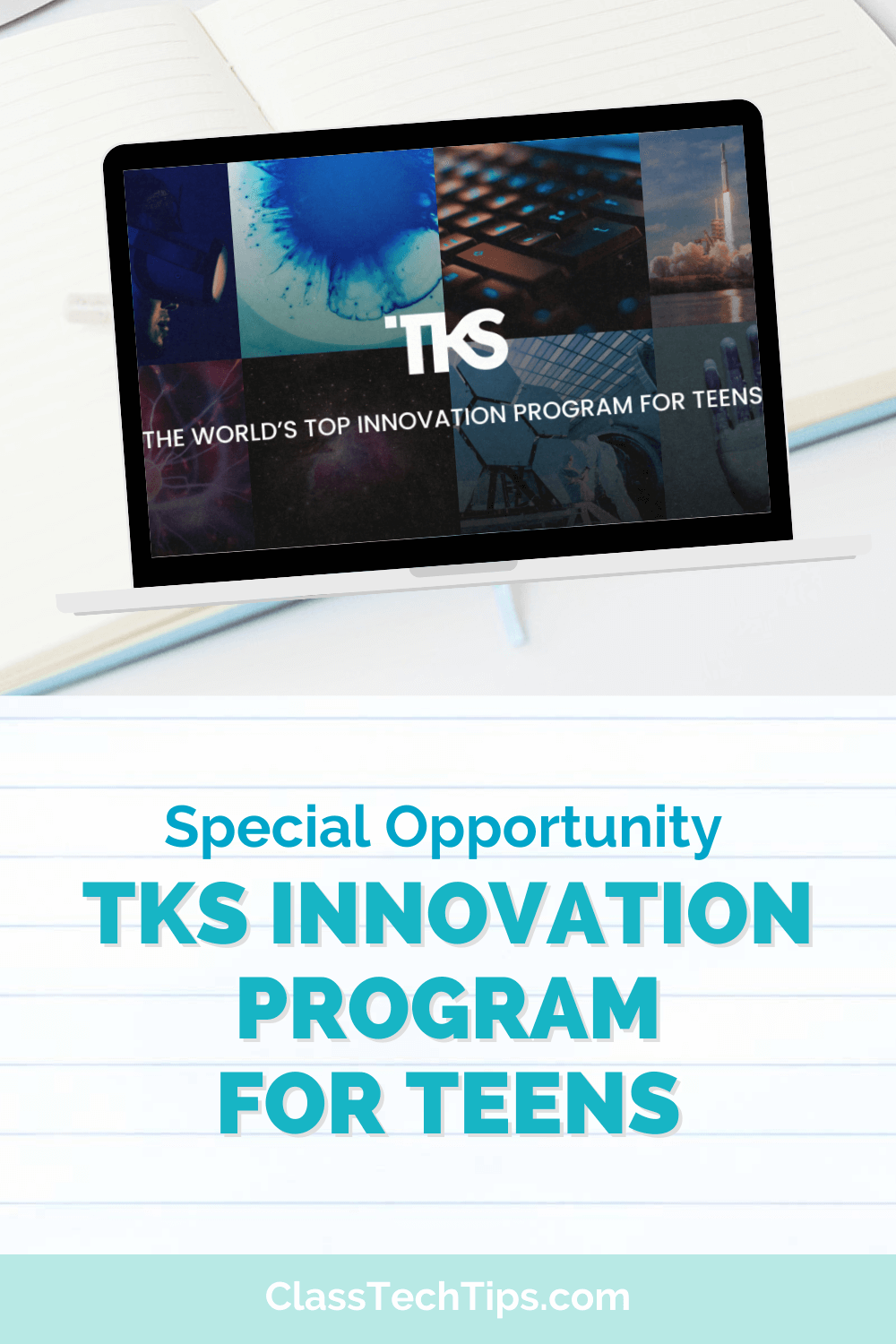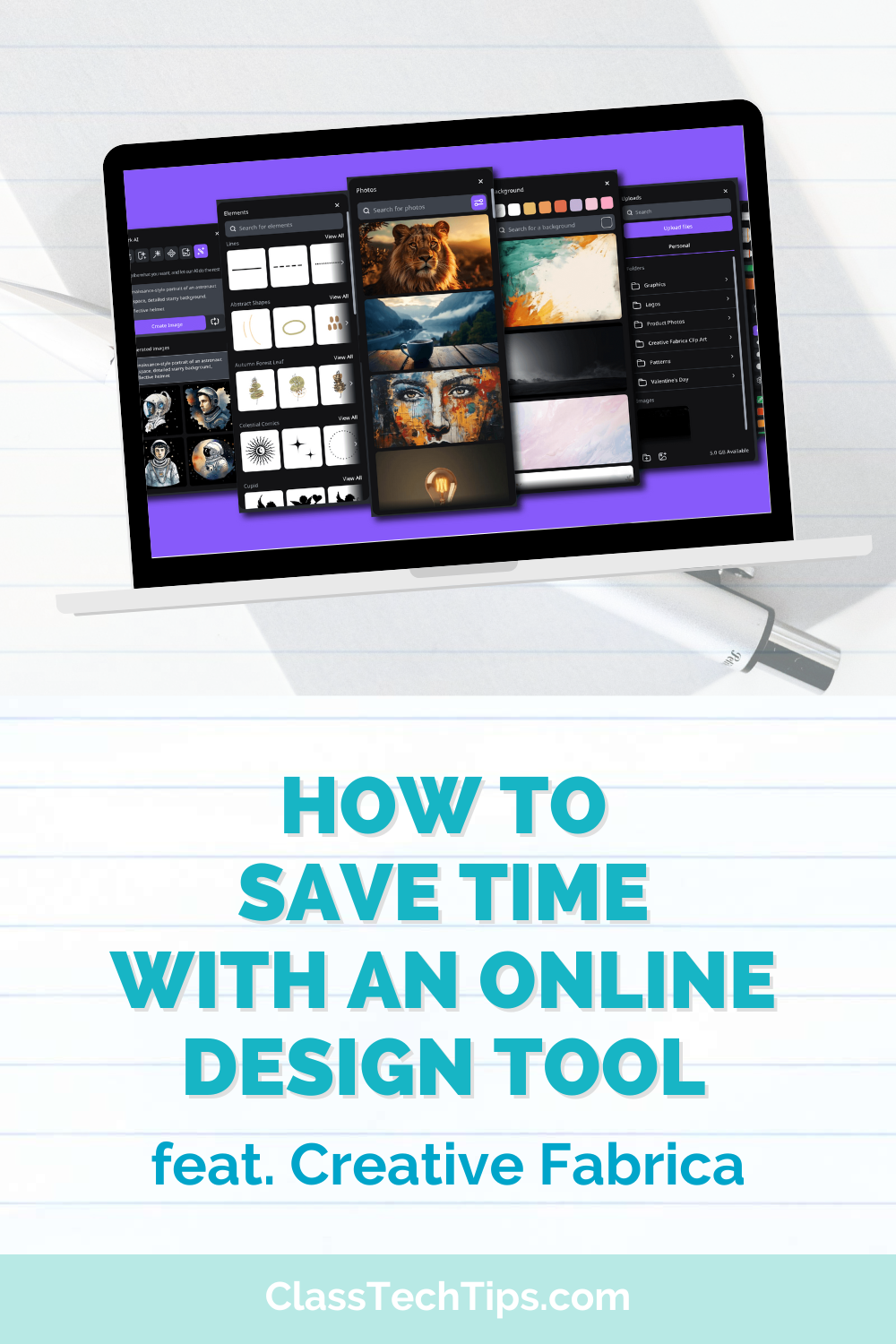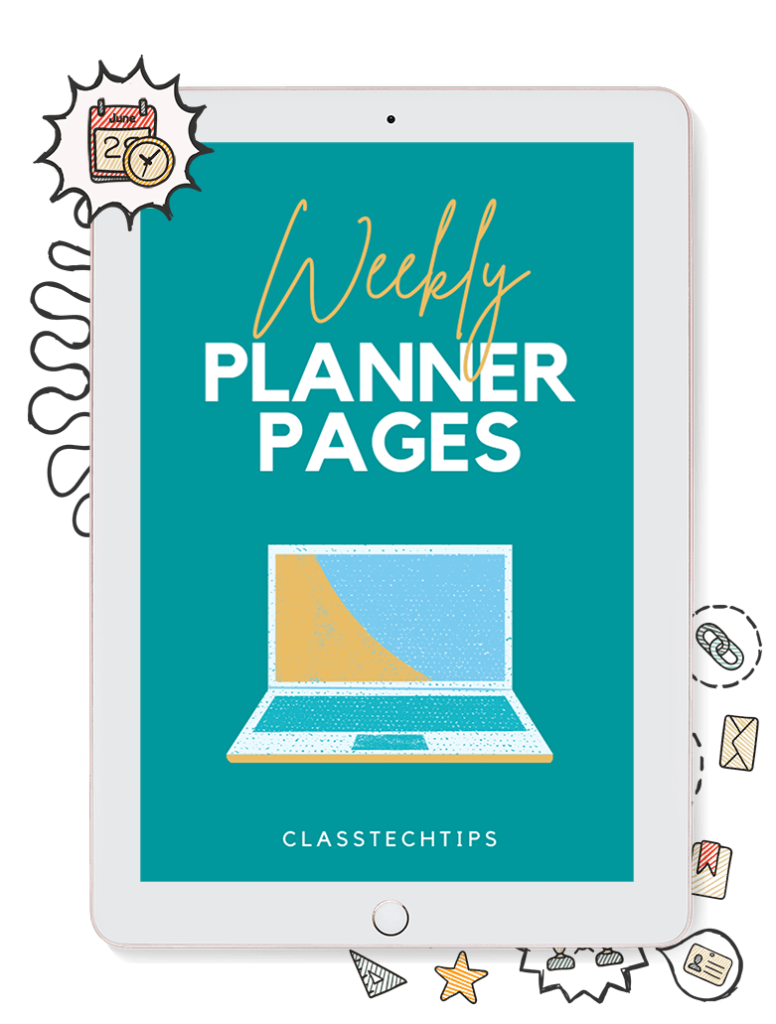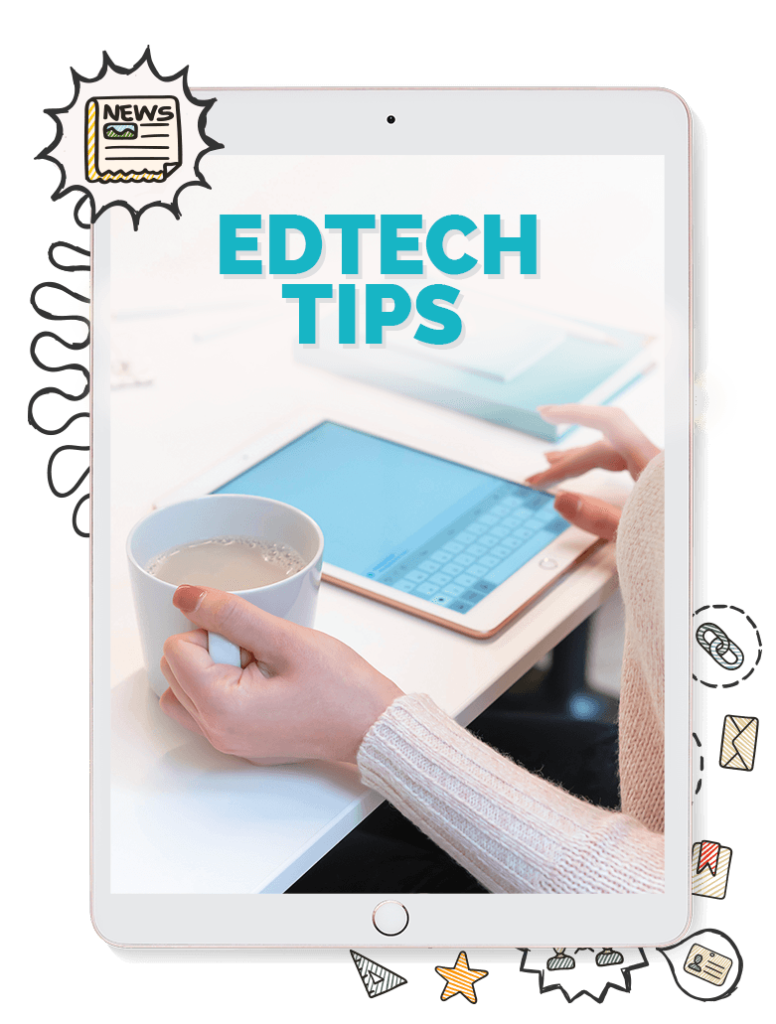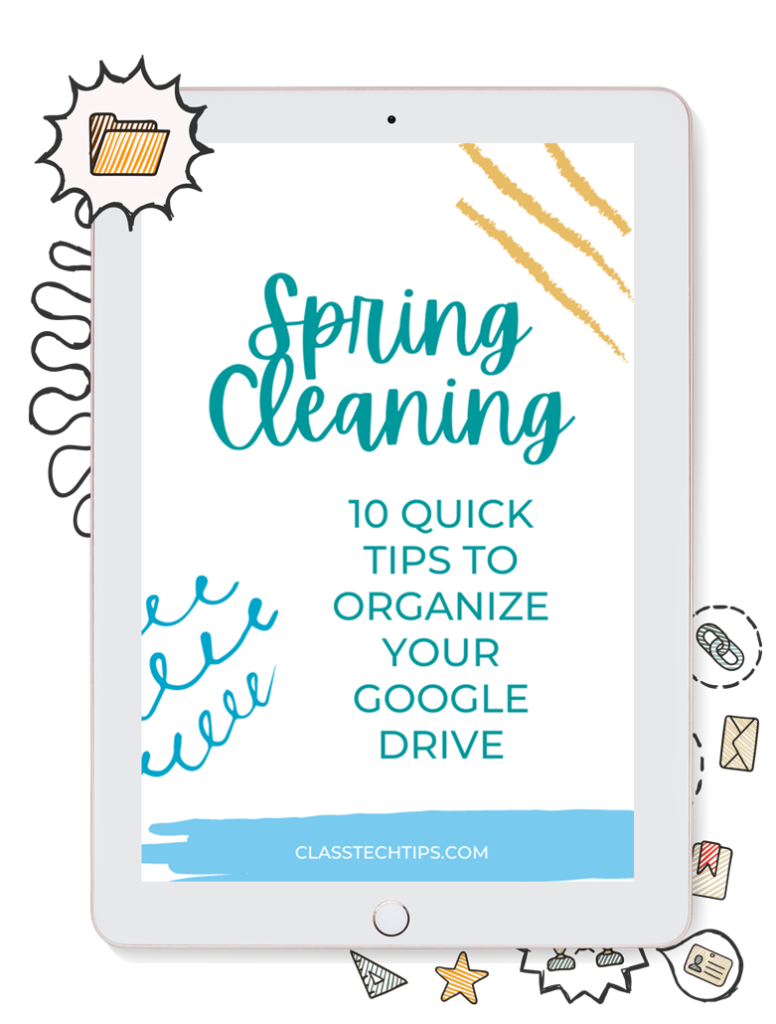Ready to explore video coaching for teachers? Last year I met Adam Geller, the founder of Edthena, at the TCEA Conference in Austin, Texas. We had a chance to chat, and I was able to see his video coaching platform in action. When Adam reached out a few months ago to let me know about his new book Evidence of Practice: Playbook for Video-Powered Professional Learning, I was excited to learn more about his ideas around virtual professional development, and he sent a complimentary copy my way.
Video Coaching for Teachers
This well-organized book shows that video coaching is so much more than merely filming a lesson and asking for feedback. With connections to a wide range of research, Evidence of Practice shares actionable strategies. It includes a clear framework for integrating video into professional development in many different school settings. I conduct both on-site and virtual professional development for teachers. This includes workshops, demo lessons, side-by-side coaching that includes classroom observations. It was really interesting to hear Adam’s take on video-powered professional learning.
Evidence of Practice
Evidence of Practice begins with an emphasis on the importance of building a culture. This culture should support video professional development and coaching. In order to make sure this type of work takes hold in a school, the text provides strategies for engaging educators in this kind of virtual professional development. I found it particularly interesting that this section included research on the power of using video examples not exemplars to help drive professional learning.
In continuing the argument for video coaching in schools, Evidence of Practice includes connections to John Hattie’s Visible Learning: A Synthesis of Over 800 Meta-Analyses Relating to Achievement work. I’ve conducted virtual professional development with schools in different parts of the country. One point that especially rang true was in regards to how “recorded video can also ease the logistical challenges instructional coaches face when they try to observe in-person enough of the right lessons to help teachers improve” (p. 12).
Virtual Professional Development
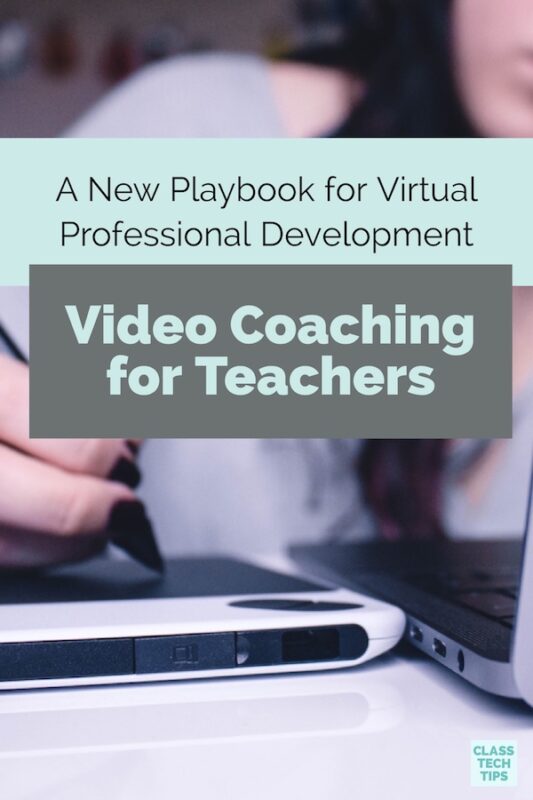
PD Strategies
The other strategies included in this book include some of the things we would traditionally think of when it comes to video coaching. I definitely agree with one particular statement on these type of traditional video coaching experiences. It says, “A key benefit of Video Observation compared to an in-person observation is that it offers more opportunities for teachers to actively participate in their own improvement” (p. 49). In addition to this type of observation, Strategy 7: Video Learning Community builds off of professional learning communities (PLCs) to include videos in the process.
Following the overview of the twelve strategies is an afterword by Jim Knight author of The Impact Cycle: What Instructional Coaches Should Do to Foster Powerful Improvements in Teaching and Better Conversations: Coaching Ourselves and Each Other to Be More Credible, Caring, and Connected, on the why, why not, and how, of using video for professional learning. Knight argues, “video can dramatically accelerate professional learning in schools” (p. 100).
I really love how the Appendix section of this book includes clear, one-page breakdowns of each of the twelve strategies making the content of Evidence of Practice very easy to digest. I’ve written about virtual professional development before and definitely value the power of self-paced courses. Evidence of Practice makes a clear argument for rethinking traditional professional development. It includes actionable information for educators, coaches, and administrators.
Evidence of Practice: Playbook for Video-Powered Professional Learning is now available on Amazon in paperback and Kindle!
